How the Tatar language will be revived following Putin’s order
The Institute of Linguistics of the Russian Academy of Sciences proposes to return to compulsory study of the subject in schools and inserts in domestic passports
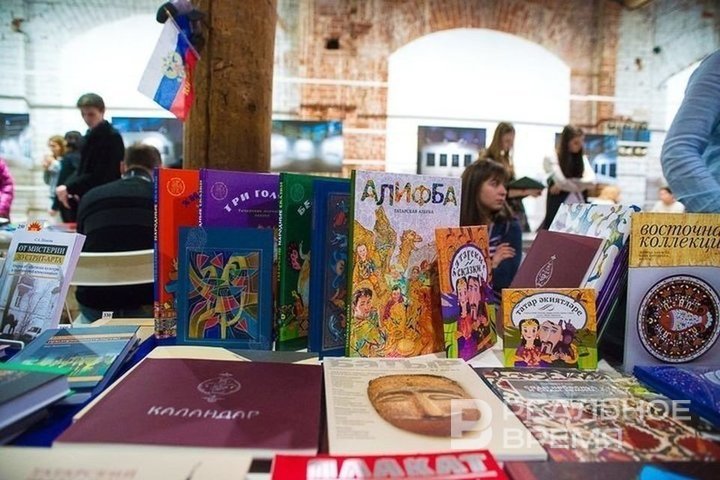
Living, limited urban — this is the status that the Tatar language received in the programme for the preservation and development of Russian languages of the Institute of Linguistics of the Russian Academy of Sciences. Scientists developed a document following instructions of Russian President Vladimir Putin and recently updated it. The programme included a consolidated list of 155 living, 15 dormant and extinct languages of the peoples of Russia. Realnoe Vremya found out if these materials can become the “foundation” for the draft of the principles of state language policy, which is supposed to be developed by 1 June 2025, how they comply with the Concept of the state language policy of the Russian Federation approved by the government and what place the Tatar language occupy today in the rich Russian language palette.
Living and dead languages of Russia
Experts from the Institute of Linguistics of the Russian Academy of Sciences divided all existing or previously existing languages in the country into three groups, each of which was divided into three subgroups. Subgroup 1A includes languages that have disappeared — those that died in the 20th century: Yug (the language of the small Yeniseian people), Kamasinian (the language of the inhabitants of the Sayan Mountains), Sakhalin-Ainu, Soyot (the language of one of the Ural peoples), South Mansi, Khandei (the dialect of the inhabitants of the Ob riverbank) and Kuril-Ainu.
Subgroup 1B includes languages that became dormant in the 21st century — Aleut, Middle Mansi, Taz (one of the Far Eastern dialects), Oroch (spoken in Manchuria), Bikinsk-Nanai and Inupiaq (one of the Eskimo dialects). It is proposed to document the knowledge of these languages. But with the languages of subgroup 1B — dormant, not used in everyday life, but still alive, of which there are about ten, it is proposed to work more actively — to support their use and create conditions for mastering them.
Group 2, which also includes three subgroups, includes languages that are still spoken in Russia. There are quite a lot of them, and the draft program provides for the restoration of intergenerational transmission of these languages and the creation of conditions for children to study them.
Three subgroups are also identified in the 3rd group of languages of the peoples of Russia — the most “preserved.” They were divided into localized (3A) — their intergenerational transmission is maintained within the compact area of residence of the language community in mono-ethnic territorial units, limited rural (3B), the intergenerational transmission of which is carried out over a large territory mainly in rural areas and limited urban (3B), the intergenerational transmission of which is carried out not only in the village, but also in the cities.
The Tatar language belongs to the 3rd group, subgroup B — it can be called one of the most vibrant on a par with Bashkir, Ingush, Tuvan, as well as with the Kyrgyz, Tajik and Uzbek languages, the state of which was taken into account in the study only on the territory of Russia.
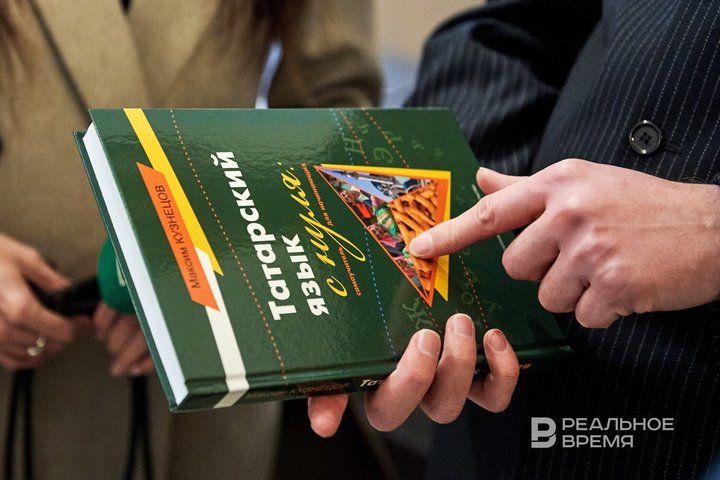
The Crimean Tatar language turned out to be in the worst condition — it was assigned to subgroup 3B. The situation is even worse with the Siberian Tatar language — it was assigned to subgroup 2B, which included discontinuous languages, in which intergenerational transmission is preserved in an insignificant part of the area of their distribution.
Subgroup B of the 4th group included prosperous languages, in which intergenerational transmission is preserved against the background of a developed language infrastructure throughout the entire area of distribution. Only Russian was in this subgroup. Subgroup 4A included Russian Sign Language where stable preservation is ensured not by intergenerational, but by “horizontal” transmission.
The well-forgotten old
The draft program for the preservation and development of Russian languages, developed by the Institute of Linguistics of the Russian Academy of Sciences, provides for the expansion of their use in all areas, including education. In addition, it proposes stimulating activities in the field of development and preservation of these languages, improving the regulatory framework in the field of state language policy, and working to support the languages of ethnic groups that do not have their own national-state and national and territorial entities.
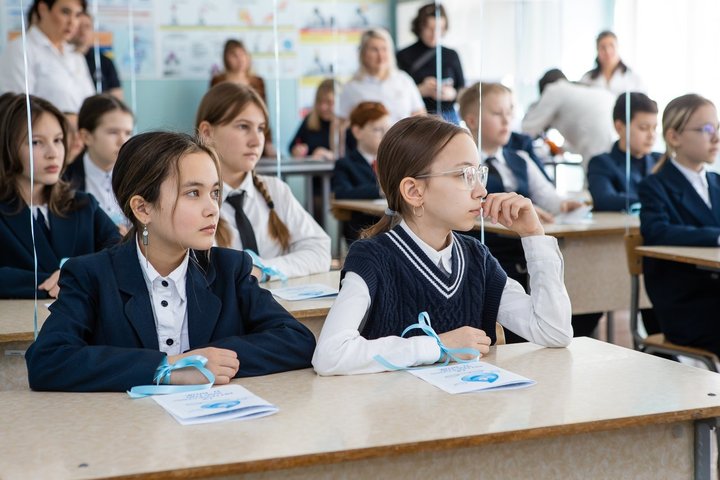
The programme proposes extraordinary measures. Some of them are well known to Tatarstan residents who had a regional insert in their domestic passport.
Realnoe Vremya asked the Institute of Linguistics of the Russian Academy of Sciences to explain how Tatarstan's experience in studying the Tatar language was read and interpreted when preparing the draft program. The response will be published upon receipt.
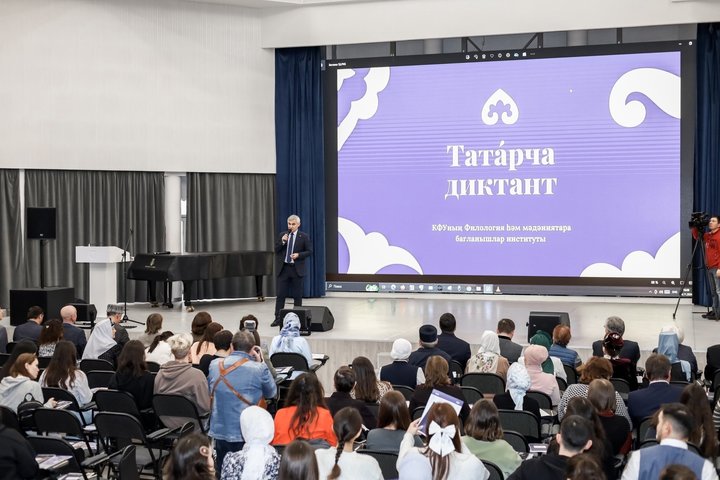
There are rights, there should be no coercion
However, the Concept of the state language policy of the Russian Federation, approved by the government on 12 June 2024, says something completely different. For example, it emphasises that the principles of the state language policy of the Russian Federation are the recognition of the right of a person and citizen to use their native language, to freely choose the language of communication, upbringing, education, creativity — which also implies the absence of any coercion or pressure in the field of studying or not studying languages.
The main goals of the state language policy of Russia are to ensure the rights and freedoms of man and citizen in the linguistic sphere, to create conditions for the functioning of the Russian language as the state language of the Russian Federation and the language of interethnic communication, to preserve linguistic diversity and to develop the languages of the peoples of the Russian Federation, as emphasised in the Concept. It is about ensuring conditions for the implementation of the rights of citizens of the Russian Federation to freely choose the language of education for pre-school, primary general and basic general education in their native language from among the languages of the peoples of the Russian Federation “within the possibilities provided by the education system,” as well as about supporting and developing the Russian language and “counteracting the excessive use of foreign vocabulary.”
The Concept also reflects measures to facilitate the adaptation of foreign citizens in Russia, in particular, the creation of conditions for them to study the Russian language.
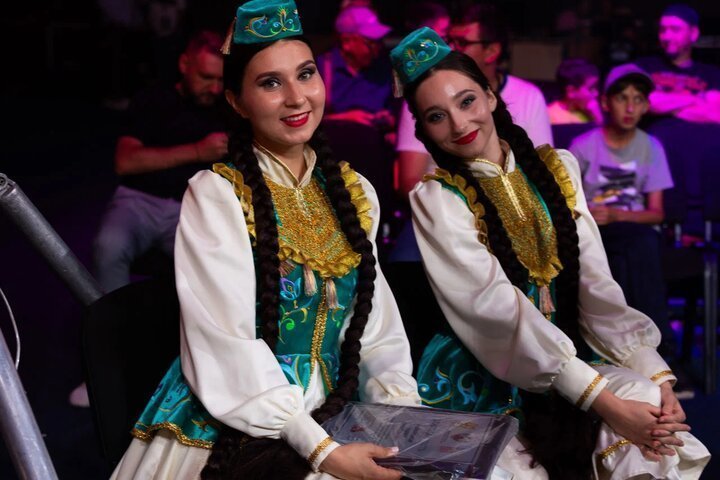
A project is not yet a programme
Chairman of the State Duma Committee on Nationalities, Chairman of the Council of the Federal National-Cultural Autonomy of the Tatars Ildar Gilmutdinov called the draft programme for the preservation and development of Russian languages developed by the Institute of Linguistics of the Russian Academy of Sciences, nothing more than one of many scientific developments.
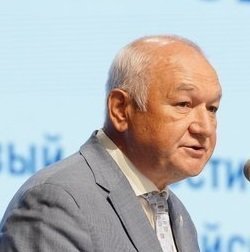
Bashkir researcher of language policy, candidate of sociological sciences Timur Mukhtarov expresses full agreement with the introduction of bonuses and other “carrots” for knowledge and use of the languages of the peoples of Russia. He believes that such measures not only do not contradict the concept of the revival of the languages of the peoples of Russia, but, on the contrary, speak of the seriousness of the approach to preserving the language, contribute to its more active use in all areas, and therefore help prevent its potential dying out.
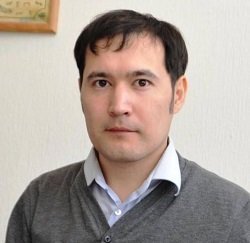
The scientist stressed that the implementation of such a policy in relation to vulnerable languages cannot do without additional funding and large-scale explanatory work. This is exactly what is lacking,” the Realnoe Vremya expert believes answering those who today are too emotionally reacting to the proposed measures.
“But I am afraid that there will be another approach, in which only the form will be observed, while the content will remain in the background,” Timur Mukhtarov expressed his concern. “This approach has been preserved since the times of Soviet national policy — such a broad bureaucratic PR for reporting. Therefore, we still need to think and see how serious these initiatives are, and how realistic they are within the framework of the current very difficult political situation. Unprepared campaigning can cause negativity and compromise the state language policy.”
In order to avoid this, he recommends acting with an eye on world experience — there are enough examples when language policy was developed primarily by competent specialists, who in some regions, as they say, from scratch, recreated, revived the language. It is unacceptable, says Mukhtarov, for strategies and programs for the revival of languages to be drawn up, implemented and controlled by people who are incompetent and do not have positive experience:
“Language revival specialists are trained abroad. And this concept should be developed by trained people who understand the realities of the Russian Federation. If this can be done, then the regions — Tatarstan, Bashkortostan — will pursue a truly correct language policy, taking into account all previous mistakes.”